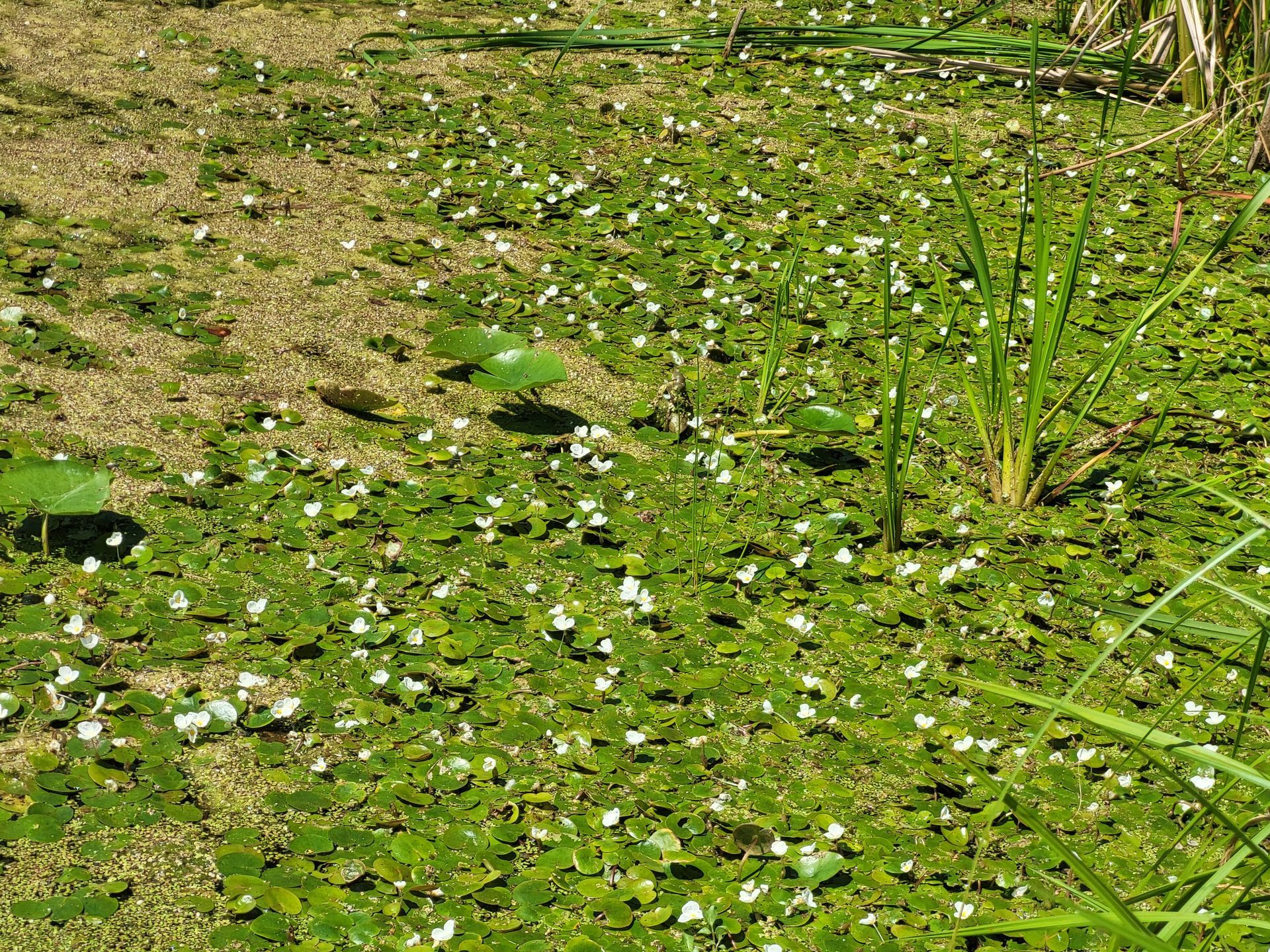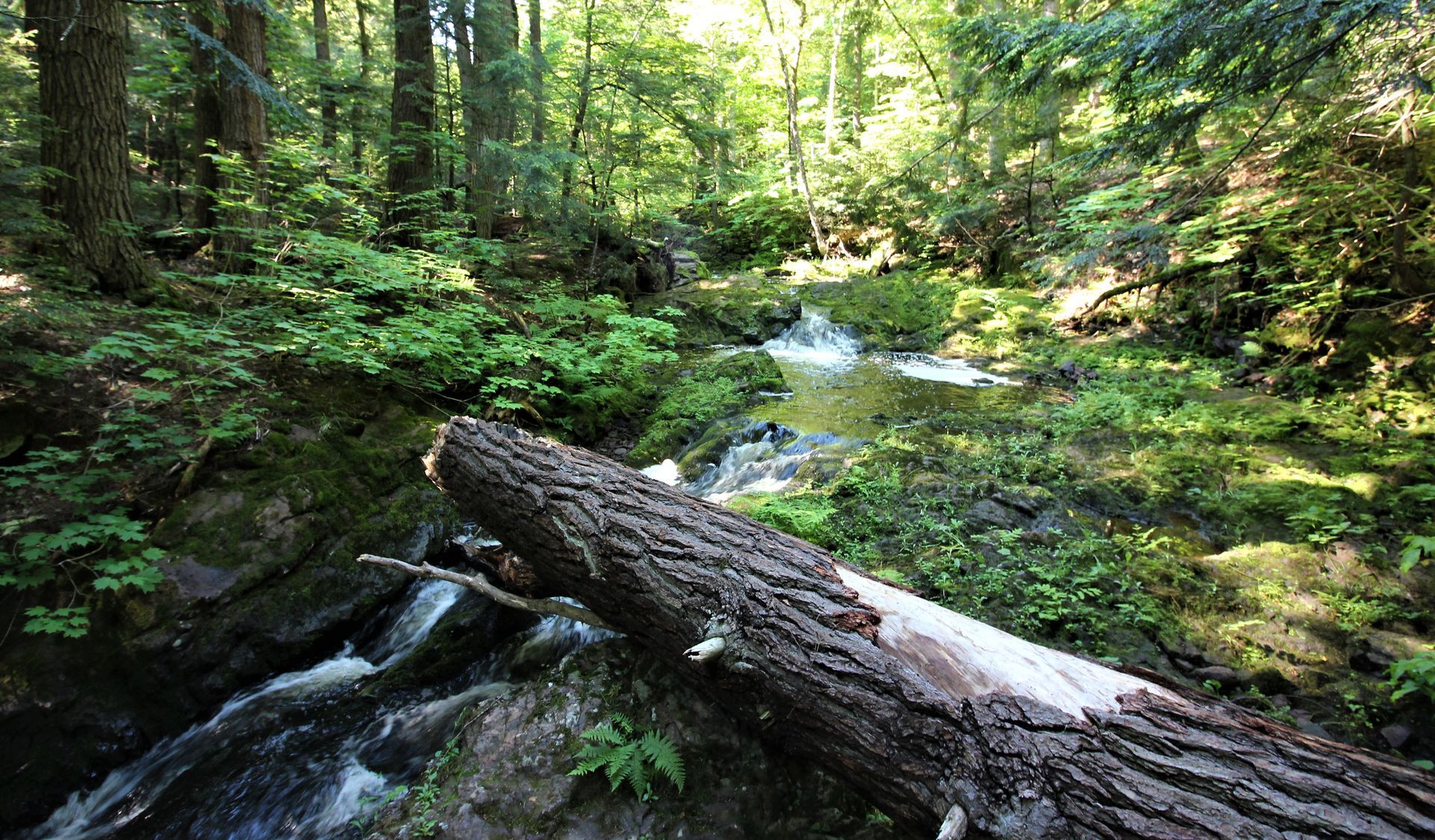February NRC Preview
Sound scientific management could be tested at the Natural Resources Commission (NRC), as information presented at the February meeting will be up for action in March.
The meeting is scheduled for Thursday, February 8 at 9:30 a.m. at Lansing Community College West Campus, 5708 Cornerstone Drive.
Wildlife Conservation Order #1 of 2024 sets furbearer regulations for the 2024-2026 regulatory cycle. The order has multiple positive changes, generally expanding opportunities with no biological impact, which Michigan United Conservation Clubs (MUCC) supports.
One significant change that commissioners will consider is whether to close coyote season from April 15 to July 15.
MUCC opposes this change per a 2005 resolution stating: “Urge the MDNR to allow for the year-round taking of coyote and establish year-round, safe methods and areas of coyote hunting and trapping in urban state parks and recreation areas.”
A Michigan Department of Natural Resources memo accompanying the order states that this proposed change is not biological and that moving to a year-round season in 2016 had no significant biological impact on coyotes.
“ Since the coyote hunting season was extended year-round, statewide harvest estimates and average number of coyotes harvested per hunter have not increased,” the DNR memo reads.
In 1996, the conservation community united behind the idea that political pressures should not influence our game management decisions. The voters of Michigan agreed, passing Proposal G.
Proposal G requires commissioners to use principles of sound scientific management when making wildlife management decisions. MUCC believes this order is not sound scientific management, said MUCC Policy and Government Affairs Manager Justin Tomei.
“Michiganders spoke loudly when they passed Proposal G in 1996 in favor of scientific wildlife management,” Tomei said. “Proposal G was meant to shield natural resources from politics. Acquiescing to social pressures will start a long downward spiral – one we can’t afford to go down as hunters.”
MUCC’s grassroots membership is considering a new policy in March that would confirm and bolster the organization’s stance on year-round coyote hunting.
The Department of Natural Resources remains neutral in the memo, only taking a position to retain the prohibition on hunting or training dogs on coyotes from April 16 to July 7, a position MUCC shares.
The precedent this order could set will have far-reaching consequences, Tomei said.
“The anti-conservationist assault will never stop. They want to see our outdoor heritage and way of life dismantled bit by bit until there is nothing left,” Tomei said. “We, as conservationists, need to stick to our science-based principles even in uncomfortable situations. The science speaks for itself.”
The commission will also receive presentations on black bear population trends and antler point restriction survey results.
There are no orders for action in front of the commission this month.
The director has two orders up for action. Land Use Order of the Director Amendment 2 of 2024, Forest Road Inventory Update , and Fisheries Order 255.24 which sets new reporting requirements for commercial and charter anglers to comply with new legislation and the Great Lakes Consent Decree.
There are no land transactions exceeding 80 acres to review, however, the State Land Review Group 9 recommendations are up for information.
MUCC will be streaming the meeting on their Facebook page as technology allows.
To ensure our natural resources remain protected and managed thoughtfully and our outdoor heritage defended, join Michigan United Conservation Clubs today: http://bit.ly/JoinMUCC .
The post February NRC Preview appeared first on Michigan United Conservation Clubs.
Recent Posts



